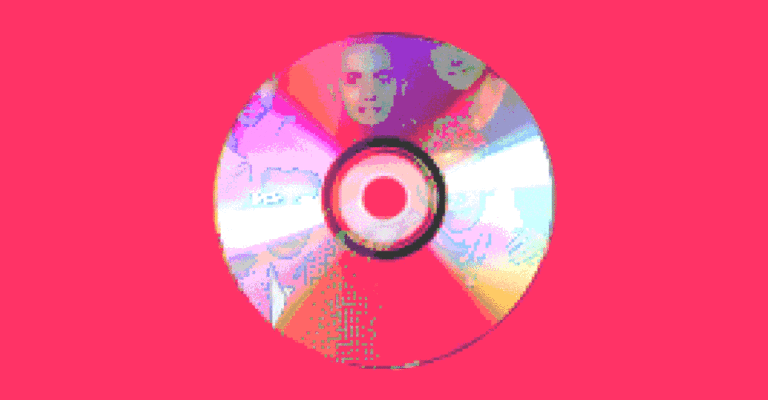

Modern influencers certainly seem to think so. For the past few years, Y2K-era aesthetics have edged back into hipness. Instagram models now flaunt the trucker-hat brand Von Dutch. TikTok users upvote videos of creaky five-disc CD changers whirring into action. In the music world, Ariana Grande sampled ’NSync, Olivia Rodrigo released a Paramore-inspired single, and Travis Barker of Blink-182 has become one of the hot producers of the moment. Fashion’s famous maxim that trends move in 20-year cycles continues to hold true, but this revisitation, in the way of so many recent cultural waves, coincides with a moral reckoning too.
Hilton, for example, is part of a class of women experiencing widespread sympathy after being mocked, for years, as ditzes in low-rise denim. A 2020 YouTube documentary fleshed out her childhood trauma, played up her business acumen, and showed how becoming a national punch line after her sex tape leaked in 2004 was not an altogether happy experience. Britney Spears has become a mass-culture martyr through the #FreeBritney movement, which highlights the strange legal arrangement controlling her life today and the abusive media treatment she received in the 2000s. Jessica Simpson’s acclaimed 2019 autobiography strings together tales of misdeeds inflicted upon her by famous men. Justin Timberlake even issued a vague apology to Spears and Janet Jackson, the latter of whom many people now say was unfairly scapegoated for the 2004 Super Bowl halftime-performance scandal.
There’s a paradox to this trend. The sizable audiences that pour in for each movie, podcast, and think piece about the horrors of the 2000s clearly also enjoy the trip down memory lane—a trip defined by images and songs that are now said to be the products of exploitation. Emerging tentatively from a pandemic and an apocalyptic political period, American culture seems hungry for a return to boom-time frivolity, but without the toxic social environment that underlaid it. There’s reason to be both wary and giddy about such a desire. If we’re in for a roaring 2020s, might the decade revive the garish fun of the 2000s but be a little smarter about it?
Scrolling through Hilton’s TikTok recently, I heard the purring voice of one of my favorite Gen Z musicians, the 24-year-old singer Slayyyter. Hilton had paired old paparazzi shots of herself with Slayyyter’s song “Celebrity,” the lyrics of which are sung from the point of view of a cocaine-snorting rich kid with a leaked sex tape. In another context, the song might seem like a mockery of Hilton. But here, clearly, it was a tribute.
Slayyyter is part of the niche but growing online music scene variously described as “hyperpop,” “DIY pop,” or, in some cases, just “Y2K.” That scene’s sound draws inspiration from the candied production of, say, Backstreet Boys, but is made on laptops rather than in recording studios and features not-so-radio-friendly amounts of sonic chaos. Some songs on Slayyyter’s 2019 mixtape conjure an image of Spears reborn as a seek-and-destroy Terminator. The inspirations for Slayyyter’s forthcoming album, Troubled Paradise, include Avril Lavigne and Fergie—though her beats are too gnarled and her lyrics are too filthy to be mistaken for TRL fare.